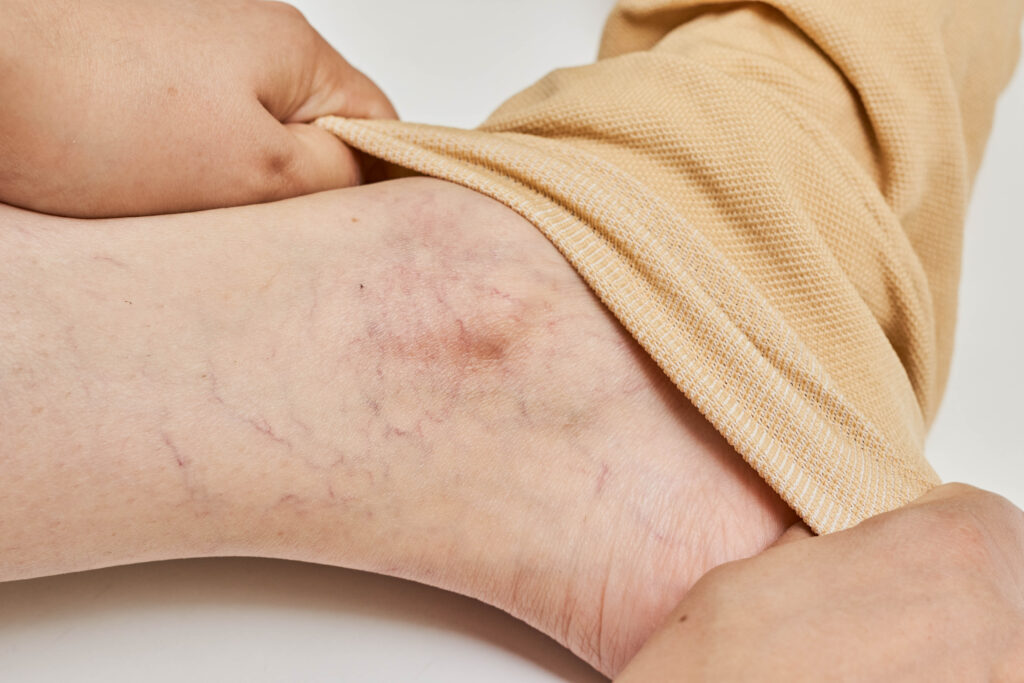CHD City Hospital, the leading center for bariatric surgery in chandigarh sheds light on key things to know about the procedure which are mentioned below:
1.Procedure
The procedure for Bariatric surgery includes the following steps:
(i). Preoperative preparation:
- Complete medical evaluation of the patient
- Identifying the most suitable surgical method
- Nutritional counseling and dietary chart preparation
(ii). Anesthesia and incisions:
- Anesthesia is administered for the procedure
- Small incisions are made in the abdomen
(iii). Gastric restriction or Malabsorption:
Gastric Restriction (Gastric Bypass, Gastric Sleeve):
- A small stomach pouch is created by removing a portion of the stomach
- The small intestine is connected to the new pouch which bypasses a portion of the digestive tract
- This helps by restricting the food intake or reducing the nutrient absorption
Malabsorption (Biliopancreatic Diversion, Duodenal Switch):
- It is more extensive procedure which involves both gastric restriction and malabsorption
- A smaller pouch is created by removing a larger portion of the stomach
- A section of the small intestine is rerouted to limit the absorption of nutrients
(iv). Closure of incision:
- The incision is closed with sutures or surgical staples
(v). Post-operative recovery:
- The patient is hospitalized for a few days
- Pain medications are prescribed
- Diet is regulated
- Mobility exercises are advised
- Eligibility
A patient is eligible for the procedure given:
- Body mass index (BMI) is 40 or higher
- BMI is 35-39.9 with obesity-related health conditions
3.Types
The patient’s condition determines the method of bariatric surgery. Some common methods are listed below:
- Gastric bypass: Creation of a small stomach pouch and reroute the digestive tract
- Gastric sleeve: Removal of a large portion of the stomach
- Adjustable gastric banding: A band is placed around the stomach for creation of a smaller pouch
4.Benefits
Bariatric surgery has the below advantages:
- Significant weight loss
- Improvement in health conditions
5.Risks
Bariatric surgery poses the below risks:
- Infection
- Blood clots
- Anesthesia complications
6.Lifestyle Changes
Bariatric surgery requires lifelong commitment of adoption of healthier lifestyle changes. They include:
- Prescribed specific diet
- Gradual shift from liquids to solids
- Regular exercise
- Regular health monitoring
Bariatric surgery can be a life-changing procedure for severely obese individuals. The navigation of this transformative journey requires support from healthcare professionals and loved ones to successfully transition into a new and healthier life with ease.





